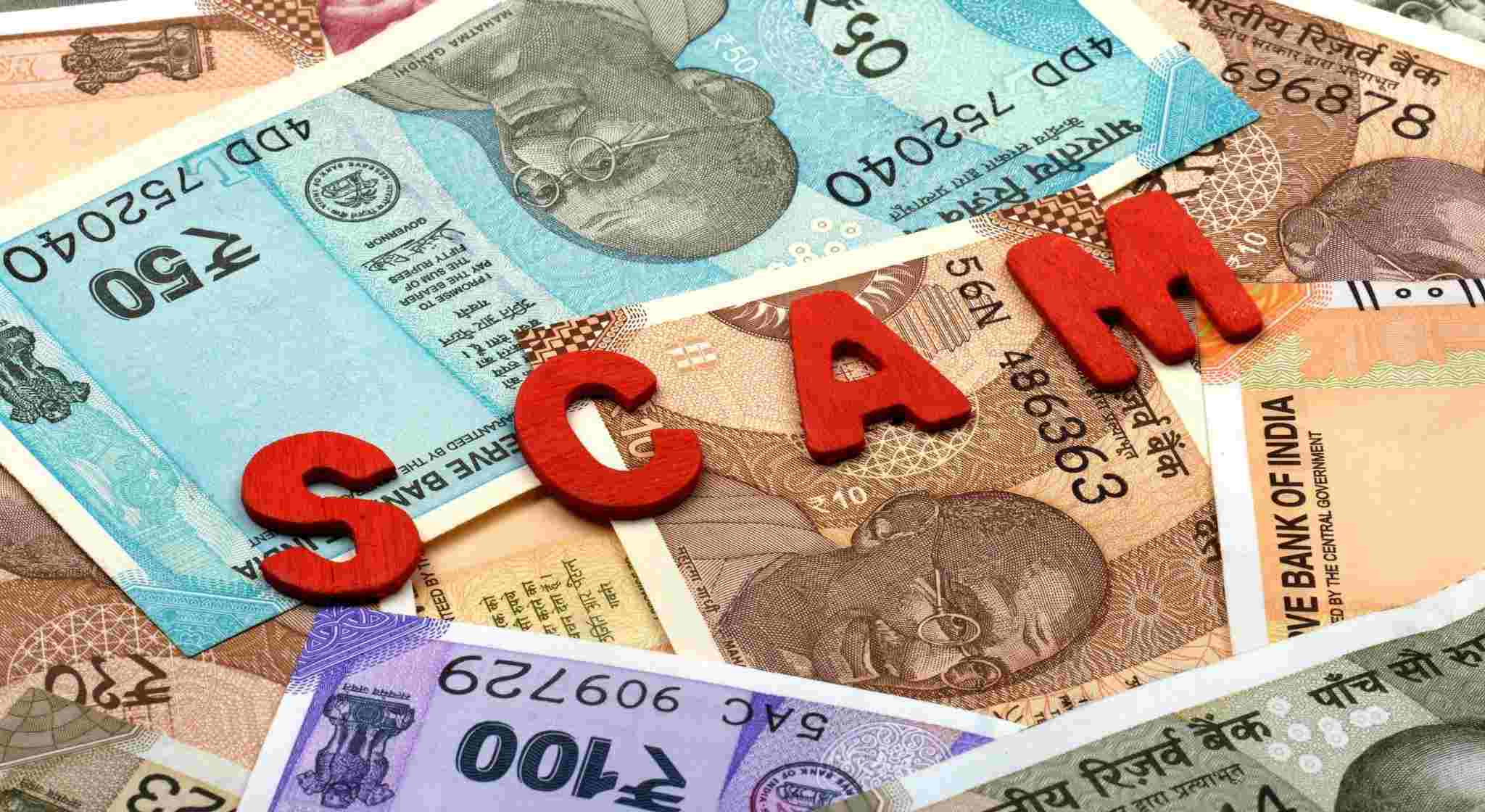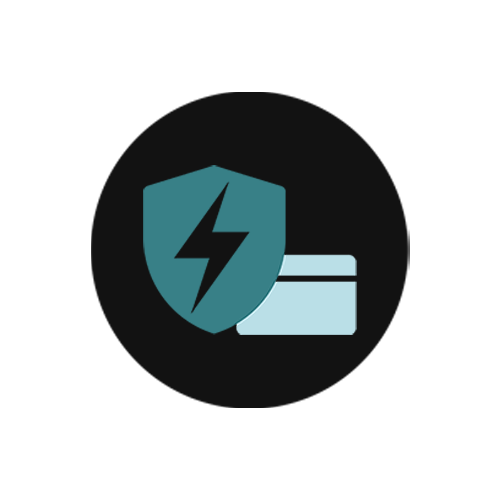Home » Online Shopping Scams May Just Be the Biggest Threat To The Economy
Online Shopping Scams May Just Be the Biggest Threat To The Economy

Scammers impersonate real online sellers by creating a phony website or posting a bogus ad on a legitimate retailer’s website.
Due to a recent statewide scarcity of baby formula, government organizations such as the Federal Trade Commission (FTC) and state attorneys general have issued warnings to consumers about internet fraud and price gouging.
In 2021, online scams remained the most dangerous scams for consumers, accounting for nearly 37% of all frauds reported to the Better Business Bureau (BBB) Scam Tracker. Almost seventy-five percent of those who reported online frauds indicated they had lost money. Viewers of VERIFY frequently ask us if a product marketed on the internet is a fraud, such as this Facebook ad falsely claiming actress and “Jeopardy!” co-host Mayim Bialik sponsored CBD gummies.
1. Investigate new brands or websites
If you’re buying something from a new firm or brand, do your homework first. To find out what other people are saying about a firm, the FTC and AARP recommend entering words like “review,” “scam,” or “complaint” in a search engine like Google. If a company is defrauding customers, you’ll almost certainly find bad feedback from other customers.
Look out for evaluations that are “generic, sound robotic or unnatural, or are too brief,” as they could be false, according to the BBB.
2. Check for misspellings in the URL
Always check the URL of a new website for misspellings. It could be quite similar to an actual company’s domain name but with misspellings or letters in the wrong places.
Scammers may also try to deceive you by using a subdomain. A scammer might, for example, build a website that looks something like this: netflix.com.movies.com. According to BBB, they’re hoping you won’t discover the genuine domain name is movies.com. To evaluate whether a website is secure, use a website checker such as Google’s Safe Browsing tool. This and other domain lookup sites can also tell you when a domain was created. The presence of a new website or a copyright date for a website is frequently indicative of a hoax.
DO YOU NEED EXPERT ADVICE?
We have encountered victims who were mentally and emotionally drained when they were scammed out of their money. We can help you with your legal and technical concerns. We can help you get your money back.
3. Look up the company's address or phone number
Make sure the company’s address and phone number are correct. You’re probably dealing with a scammer if there’s no indication of a physical address or if the address on the Maps shows a parking lot or another business.
4. Pay using a credit card rather than a debit card
When purchasing online, Central Trust Bank recommends using a credit card rather than a debit card. Credit cards, unlike debit cards, are not linked to your bank accounts and can provide better fraud protection.
Federal law restricts a victim’s liability for fraudulent credit card charges to $50, provided the fraud is reported promptly, and some firms provide complete protection. Debit cards do not ensure the same level of security.
5. Check for delivery, exchange, refund, and return policies
Check for delivery, exchange, refund, and privacy policies from the online firm. Take your business elsewhere if these are “vague or nonexistent,” according to AARP.
If you’re not sure if a store’s policies are genuine, copy and paste them into your browser to determine if they were copied from another site. In the event that something goes wrong with your order, legitimate online shopping websites should include extensive complaint or dispute resolution systems.
- A product is advertised at an absurdly low price or with amazing benefits or attributes that appear to be too good to be real.
- The other party demands rapid payment, either by electronic funds transfer or wire transfer. They can want you to pay for certificates upfront before you can get a good bargain or a freebie.
- The social media-based store is fresh and sells inexpensive items. It’s possible that the store’s knowledge of delivery and other restrictions is limited.
- An online retailer fails to give sufficient privacy, terms, and conditions of use, dispute resolution, or contact information. The seller may be headquartered in another country or refuse to accept payment via secure payment apps like PayPal or a credit card transaction.
How to report suspected online shopping fraud
- BBB: Use the BBB Scam Tracker to file a complaint or report a scam.
- Federal Trade Commission or FTC: File a complaint online or call 877-FTC-HELP.
- Facebook: Report ads that break Facebook’s terms of service. More information on how to report an ad may be found here.
- Instagram: Violations of policy can be reported online.
- FBI: File an online complaint about an internet crime.
Protect yourself & The Economy

Determine whether the website or social media page has a refund or return policy and whether those policies appear to be reasonable.
In the circumstance that something goes wrong, the best online shopping and auction sites include extensive complaint or dispute resolution mechanisms. When shopping on the internet, make sure you know who you’re dealing with. If it’s an Australian company, you’ll have a considerably easier time resolving the issue if something goes wrong. Only pay for things using a secure payment service (search for a URL beginning with ‘HTTPS’ and a green padlock symbol) or a payment provider such as PayPal when making online payments. Think twice about using virtual currencies like bitcoin because they lack the same protections as regular payment methods, meaning you won’t be able to get your money back once you’ve sent it.
Never get into a transaction with a stranger that requires payment in advance via money order, wire transfer, international funds transfer, pre-loaded card, or electronic currency such as Bitcoin. Money sent this way is extremely difficult to reclaim. Never send money to someone you don’t know or trust, and never give out your credit card or online account information to someone you don’t know or trust.
Chargebacking can help you spot and avoid scams. For additional fraud prevention resources and insights, visit our news page.
Sources & Attribution
Find Related News
Subscribe to Our Newsletter
Scam Recovery Resources
All There Is To Know About Payment Scams To Stay Safe From Them in 2022
When someone steals another person’s payment information and uses it to make illicit transactions or purchases, this is known as payment fraud. hen the cardholder or owner of the payment information notices that their account is being used for transactions or purchases that they did not authorize, they file a dispute.
A Ponzi Investment Scam at Its Peak – WorldCom
In Europe, the responses to the Worldcom bookkeeping outrage of the U.S. incorporated the execution of the required ‘Yearly Corporate Governance Statement.’ The Company Act 2006 has supplanted the Memorandum and Articles of Association with a solo record followed by the endeavor to abbreviate as far as possible on data conveyance for little organizations end.
How Hannah Lane Managed To Recover $98,000 From An Online Dating Scam
At last, after months of turmoil, Hannah managed to recover financially and even paid off her debts in time with the help of Chargebacking. She is aware that if it weren’t for them she would have never been able to recover the amount and would have been crippled with debt.
Xcore Capital – The Company Which Indulged in Forex Fraud Techniques & Got Busted!
The scourge of Forex misrepresentation remains, and the body of evidence against Xcore Capital, heard in the High Court this week, obviously features the idea of the culprits. Jonathan Chitty, ahead of Xcore Capital, lost against the Financial Conduct Authority.
How Can Scammers Steal Your Personal Information?
Online fraud affects more people than just consumers. Businesses are more in danger of email and online fraud due to recent data breaches at big retailers and an increase in fraudulent email cases.
Our news coverage focuses on reporting scam related news and alerts. We aggregate information from web resources, as well as, reach out to our contacts so that we can get the latest scoop on scam operations.
FundTrace is committed to upholding the journalistic standards online, including accuracy. With our news reporting, our policy is to review each issue on a case by case basis, immediately upon becoming aware of a potential error or need for clarification, and to resolve it as quickly as possible.
We Can Help You
Victims of scams are stressed out because they don’t know what to do. We have the tools and experience to fight off scams. We will help you in getting your money back.
Please fill up the form now so that our team will get in touch with you.








